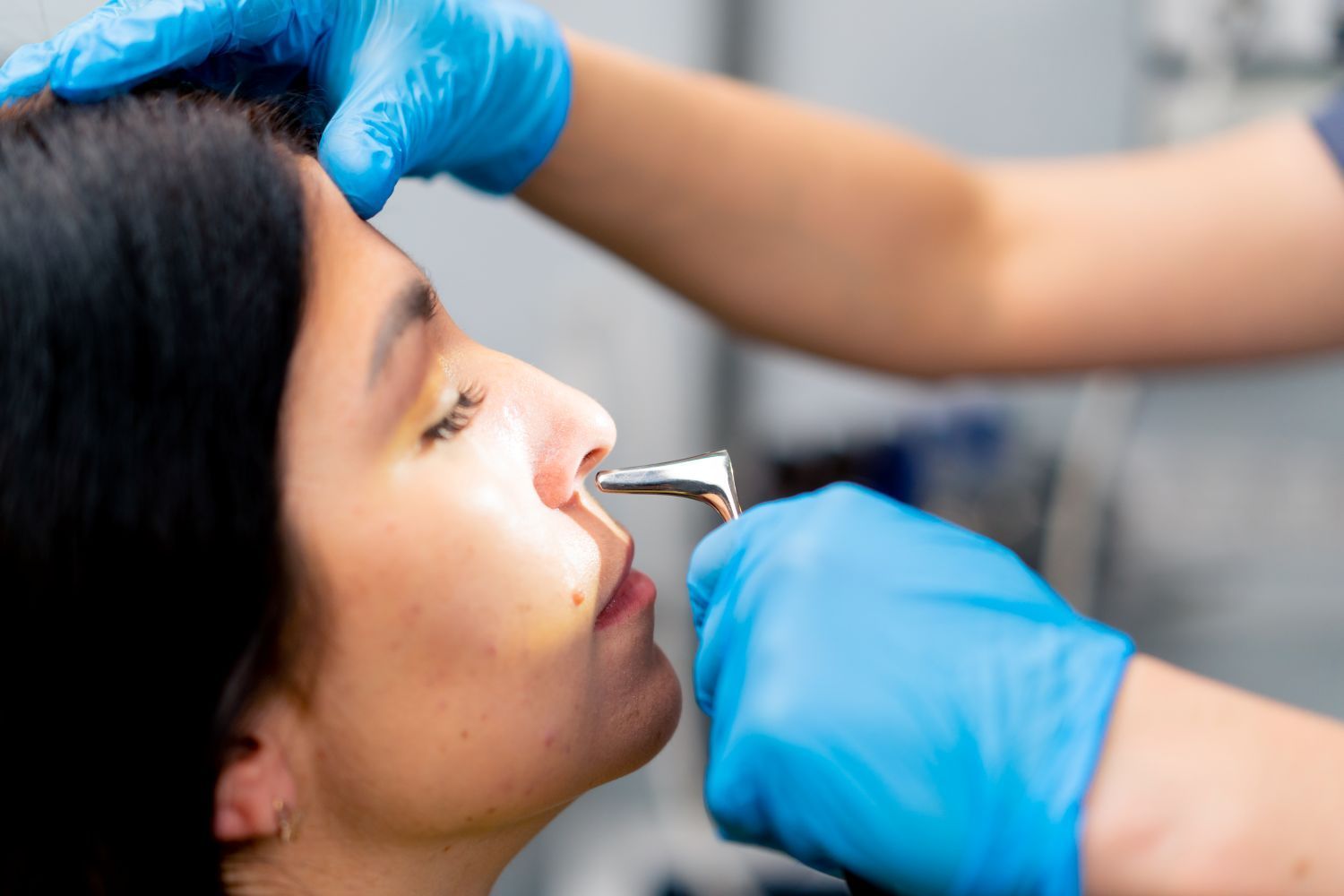How Do You Know If You Have Cerebrospinal Fluid Rhinorrhea?
Have you experienced having a clear nasal drip like a constant runny nose, a running nose like water or a yellow watery liquid from nose NHS when bending over to pick up something? While your instinct might be to dismiss it as general nasal discharge or simply a yellow liquid dripping from nose that can be treated by cold or allergy medicine, this may not always be the case. Instead of ignoring a chronic runny nose or persistent runny nose, you need to remember that In some cases, the liquid coming out of your nose could be because you have a
cerebrospinal fluid leak and not allergic rhinitis or any regular nasal symptoms.
This article explains what cerebrospinal fluid rhinorrhea is, its causes, and most importantly, how you can tell if you’re experiencing it, like when you bend over and nose drips. Continue reading if you’d like to learn more.
What Is Cerebrospinal Fluid Rhinorrhea?
Cerebrospinal fluid (CSF) rhinorrhea is a rare condition that occurs when the fluid surrounding your brain and spinal cord leaks through your nose or nasal passages. Spontaneous CSF leaks or cerebrospinal fluid leaks usually occur in people over the age of 30 or those who have been assigned female at birth.
A minor CSF yellow fluid leaking from nose or yellow liquid from nose like water, may not always be a cause for alarm. However, in some cases, when the leak is large enough, in the guise of a leak of yellow watery liquid from one nostril, it could lead to severe symptoms that hinder your everyday life and functioning.
Healthcare experts are unsure about how common CSF leaks are as they can be tricky to diagnose. Sometimes, people with CSF leaks can also receive a misdiagnosis, where a doctor can misinterpret their symptoms to indicate some other condition such as allergies, migraines, or sinus viral or bacterial infections.
What Causes CSF Rhinorrhea?
Most CSF leaks occur because of injuries, while in some cases, they can happen spontaneously for unknown reasons. CSF rhinorrhea commonly occurs as a result of head trauma, which includes injuries to your face, head, neck, or spine.
It could also occur as a result of intracranial surgery, or due to medical procedures on or around your spine. If you’ve recently experienced penetrating injuries such as gunshot wounds or stab wounds, they could also cause a tear to leak CSF.
How to Tell If You Have CSF Rhinorrhea?
One place from which cerebrospinal fluid can leak are through your nose and sinuses. This kind of brain fluid leak can cause a runny nose (also called rhinorrhea). Your nasal discharge will be in the form of a thin, clear liquid.
You may be able to tell the difference between a CSF leak and a general runny nose by the look and texture of the nasal discharge. Try wiping your nose on a handkerchief; nasal mucus is often thick, but CSF is very thin. If you experience a gushing runny nose when you bend over to pick something up or are tying your shoes, that’s also an indication of a CSF leak.
If you’re unsure about whether your rhinorrhea is caused by a CSF leak or a common cold, we recommend consulting an expert. A sinus specialist like Dr. Thomas S. Higgins, MD, MSPH, will be able to help determine the cause of your symptoms and determine a suitable treatment plan. Dr. Higgins is a fellowship-trained sinus surgeon and rhinologist who runs the premier sinus clinic in Louisville, Kentucky. You can call him at 502-894-8441 or contact him online!
Thomas S. Higgins, MD, MSPH
Father. Husband. Sinusitis Nerd.
Healthcare digital marketing strategy and content provided by Clinician Box.















